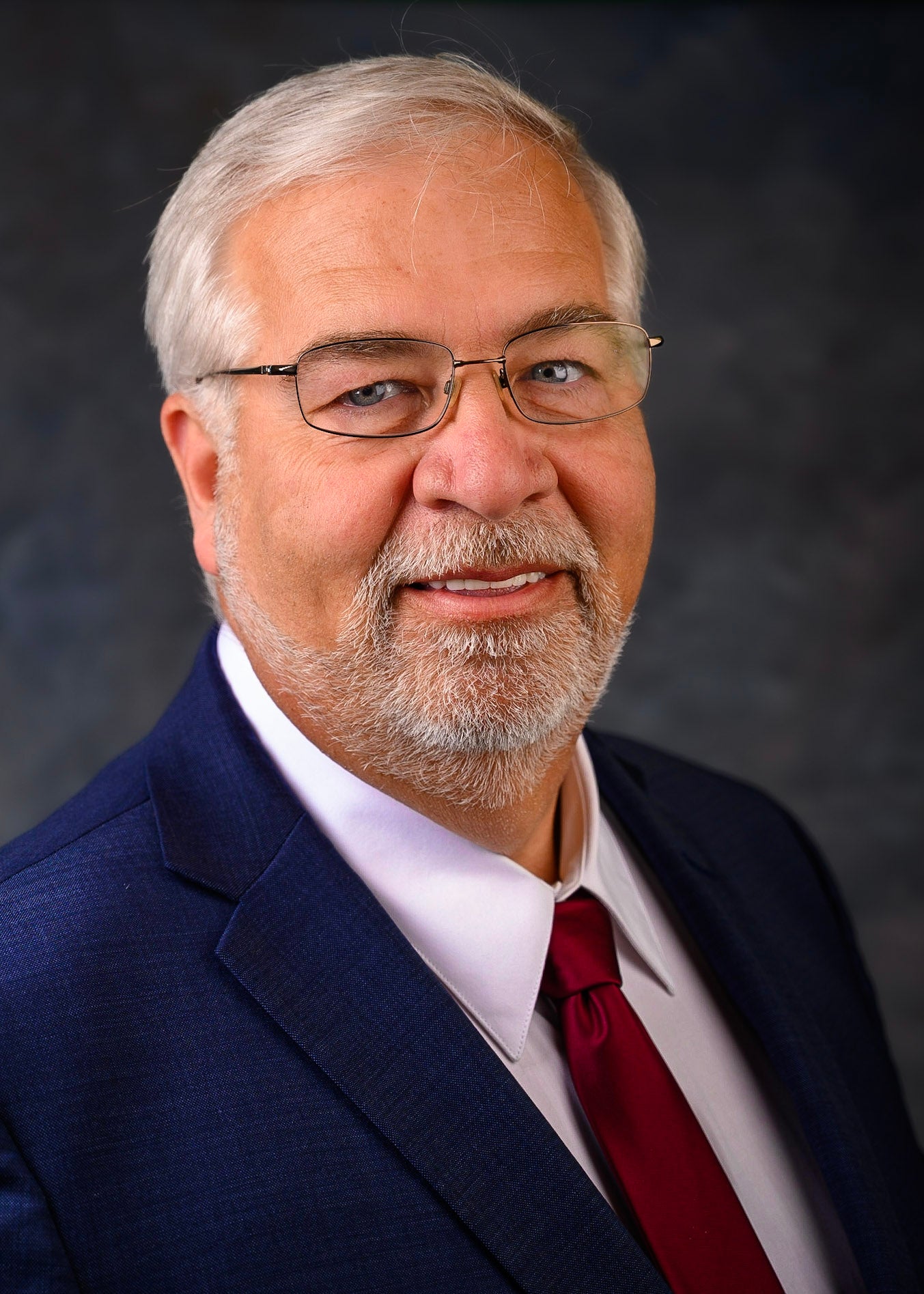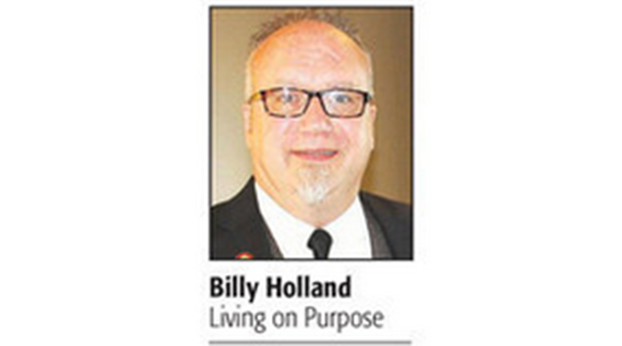GEMME: COVID-19 may be around for years. How will seniors stay safe?
Published 10:49 am Tuesday, May 19, 2020
|
Getting your Trinity Audio player ready...
|
The COVID-19 pandemic has ravaged seniors across America, causing more death in this demographic than any other age group.
Hit particularly hard have been those who live in nursing homes, assisted living facilities and retirement communities. There has been a multitude of extraordinarily tragic reports coming from different states about outbreaks with many confirmed cases and deaths.
In some facilities, death counts as high as 70 have been reported, with numbers over 100 for confirmed cases among senior residents and facility staff.
Sadly, the tragedy continues as the pandemic continues despite many states beginning to relax restrictions, which held the virus at relative bay.
As predictions have started to emerge from top authorities who have been studying the most recent research, Americans wonder how the virus will continue to shape their lives in the future.
This couldn’t be truer for anyone than America’s seniors, who are continually at risk and worried about their health.
The most recent research suggests COVID-19 will likely remain a factor for the next two years. This revelation was startling to many who were under the impression that social distancing would flatten the curve, hopefully eliminating the virus before summer.
One round of social distancing will not be enough to beat this novel coronavirus. There will likely be dips and surges in viral infections, requiring multiple versions of what America has seen over the last two months.
Ideally, the numbers will grow lower each time, and herd immunity will catch up as we begin to control the spread naturally. But this could take years.
What does this mean for seniors as we move forward? Unfortunately, it doesn’t mean anything good.
There will undoubtedly be more casualties of this pandemic. But it doesn’t have to be many. Some measures can be taken, which can increase one’s chances of survival.
Those seniors who are still independent may want to take extra caution about returning to normal activities, even if those around you are doing so. Just because your governor declared it’s safe for people to start getting back out, doesn’t mean this is a good idea, especially for seniors.
Experts are warning it may be too soon for anyone. While this remains to be seen, seniors can certainly continue to practice social distancing and isolation practices as though nothing has changed.
If you haven’t caught the virus, what you’re doing has likely been serving you well. Don’t change. Wait it out and see how things go first.
For those who take care of a senior at your own home or theirs, the above applies as well. Perhaps even more so, since as things relax, more and more people will be out and about. That means more chance of exposure during your daily life.
You may even be requested to return to work soon, so being careful and continuing to practice social distancing and sanitation is of utmost importance.
Since a senior’s chances of surviving once exposed are so much lower, the best defense is ensuring they never get exposed in the first place. That means continuing to restrict visitors and making sure everyone else in the household is doing the right thing, too.
For those in nursing homes and other senior living communities, the future is quite scary. The senior care industry is in a precarious position, unintentionally serving as one of the worst possible environments for a pandemic of this nature.
Thankfully, some nursing homes are reaching out to relatives and seeing if they can pick up their loved ones during this time and take them home.
Likely recognizing that they aren’t the safest place, they’re looking out for their clients’ best interest. But what’s scary is that the senior may have COVID-19 and not know it, bringing it home to the family.
Unfortunately, most seniors wouldn’t be in nursing homes if there were other viable options, and most families aren’t prepared to deliver the level of care that is needed to someone with underlying health conditions, let alone the coronavirus.
We’ll likely see a lot of change on the horizon.
Nursing homes and other senior care facilities can’t continue in this way, or they won’t have any residents in two years.
As we learn more about this virus, hopefully, we discover something which can be used to reduce this prediction and protect seniors better.
Marcel Gemme has dedicated his life to helping others find help. He started his career in the field of substance abuse 20 years ago and has helped countless families find proper rehabilitation and treatment for their loved ones. He now focuses his attention on helping individuals find long-term senior care, he does this through his journalism, community outreach, and his website, ECDOL.org.






